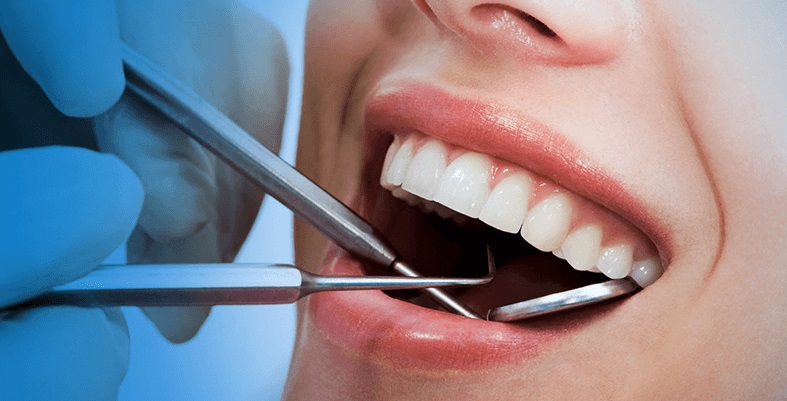Gum disease is an advanced oral health condition that, without proper carefulness, can lead to the loss of teeth. The stage of gum disease and how important it is to deal with such issues early.
Stage 1: Gingivitis
The primary and earliest stages of gum disease are gingivitis. Gingivitis occurs due to poor oral hygiene, which allows bacteria to accumulate along the gumline, causing red, inflamed gums that bleed easily when brushing or flossing. According to Dental Epping experts, gingivitis can be reversed with adequate oral hygiene and routine professional cleanings. At this stage, it does not hurt and cannot be felt but is mild.
It is advisable to visit an Epping Dental Clinic when you notice gums bleeding after brushing. Cleaning of teeth follows by a dentist so as to remove the plaque accumulation and give tips on how to improve one’s oral care routine at home to prevent any further progression of the disease.
Stage 2: Mild Periodontitis
Not treated properly, gingivitis may even lead to a second state’s mild periodontitis. More inflammation occurs in this inflammation as the gingival margins pull away from the teeth and form pockets, which keeps food and bacteria and leads to esthetization. Dental Epping specialists may be able to inspect mild periodontitis during an ordinary check-up, which now requires extra treatment through much more advanced cleaning techniques to remove bacteria from deep pockets.
Scaling and root planing may include the professional cleaning treatments necessary for mild periodontitis. The techniques will clear teeth of plaque and calculus that are located above and below the gum margin. If the situation is recognized early, treated properly, and monitored, the destruction can cease, and gums can hopefully revert to a healthier state.
Stage 3: Moderate Periodontitis
As gum disease progresses, those pockets between the teeth and gums become deeper. There may be bad breath, gum recession, and an increase in tooth mobility. Infection has also begun to erode the bone that supports the teeth. Experts may recommend more intensive treatments, such as deep cleanings or surgical procedures to have the affected areas cleaned.
At this point, gum disease becomes less reversible. Early intervention stops the damage from going further. If you have such symptoms as bad breath that won’t go away or teeth that feel loose, you need to see a Dental Epping professional sooner, the better for diagnosis and treatment.
Stage 4: Advanced Periodontitis
Advanced periodontitis is the severest stage of gum disease. At this point in the disease, the infection has caused severe destruction to the gums, to the bone, and especially to the tissues that are capable of holding your teeth in place. At this stage, teeth can also become loose or move. The gums recede and expose the roots of the teeth which will cause pain and sensitivity.
Advanced periodontitis is an immediate emergency condition to be routed to the dentist. The specialists at the Epping Dental Clinic might perform surgical treatments, such as flap surgery, bone grafts, or tissue regeneration procedures, seeking to restore lost bone and gums. If left untreated, the advanced periodontitis progresses to tooth loss and other serious health complications.
Most importantly, early treatment prevents the progression of the disease in the gum tissues. Any symptom of gingivitis-such as bleeding or swollen gums-must lead one to visit a dentist within the time for a thorough examination and treatment.
Read More
Early Detection of Oral Cancer at Epping Dental Clinic Can Save You a Lot of Bother and Cure It
